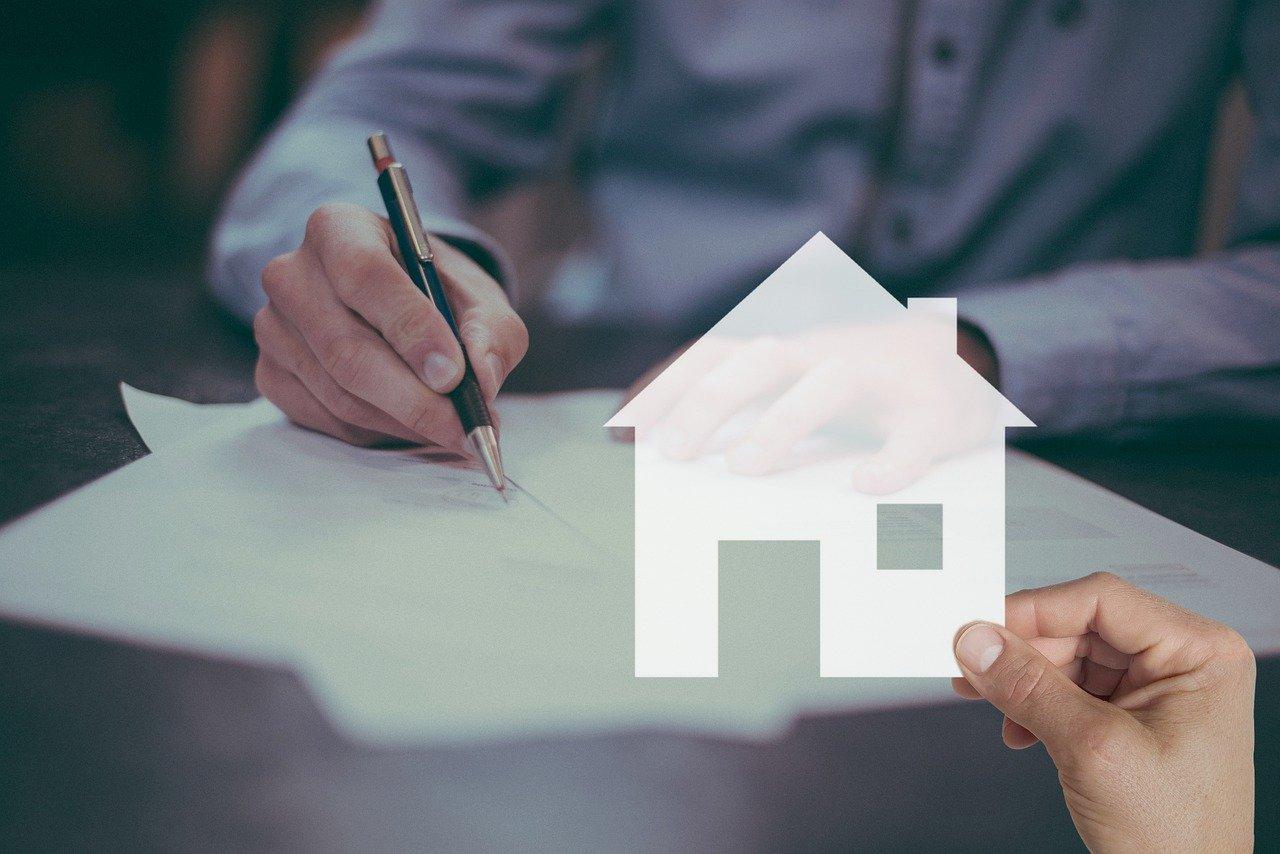Paying Off Loans Before Buying a House? Consider These Factors
Prospective homebuyers might wonder if they should pay off their loans before buying a house. See how your credit score and debt impacts a home loan.
May 9 2022, Published 9:42 a.m. ET

Prospective homebuyers might be wary of having too many loans before buying a house. Since purchasing a house is a very big investment, it's natural for them to ask if they should pay off other loans before buying a house?
This question also makes sense since auto loans, student loans, credit card debt, and other types of loans could make a dent in your credit score and lower your chances of getting a home loan. Having more loans could increase the rate if you qualify for a home loan.
Consider these factors before buying a house.
However, the answer might not be very simple since there are several factors that need to be taken into consideration before making such a decision. You should understand the process that lenders will follow to approve you for a mortgage as you decide whether or not to pay off your loans. Apart from how many loans you already have, one important thing to assess is your debt-to-income ratio.

Here's how the debt-to-income ratio works and why it's important.
Most lenders consider the debt-to-income ratio because a high debt-to-income ratio increases the likelihood of borrowers defaulting. The debt-to-income ratio can be calculated by dividing your debt payments by your gross monthly income. You should calculate this income by adding the future estimated mortgage payments to your debt payments.
As a general guideline, 43 percent is the highest DTI ratio a borrower can have and still be approved for a mortgage. Ideally, the ratio should be less than this and not more than 35 percent. When the ratio is lower, lenders are more comfortable approving you for a home loan. If your DTI exceeds this amount when you add other loan payments, you should pay off some of the loans to get back to a more comfortable DTI zone.
Paying off loans depends on personal circumstances.
Paying off a loan also depends on your personal circumstances. For example, you might need cash for your home purchase for a down payment, closing costs, moving expenses, and house remodeling. Therefore, paying off a loan might further tighten your liquidity condition.
Responsible debt payments are good for your credit score.
Debt isn't always bad for your credit score. In fact, lenders seek a healthy amount of debt and a good payment history as precursors for a worthy borrower and it can have a positive impact on your credit score. Not having any credit history at all could be a problem when applying for a loan. A healthy mix of different types of loans is also seen as a positive for your credit score. Paying off your loans just before applying for a home mortgage might temporarily have a negative impact on your credit score.
Ultimately, you should devise a debt payoff plan. It's better to continuously keep paying down your debt. You can start with the highest cost debt and work your way down.
